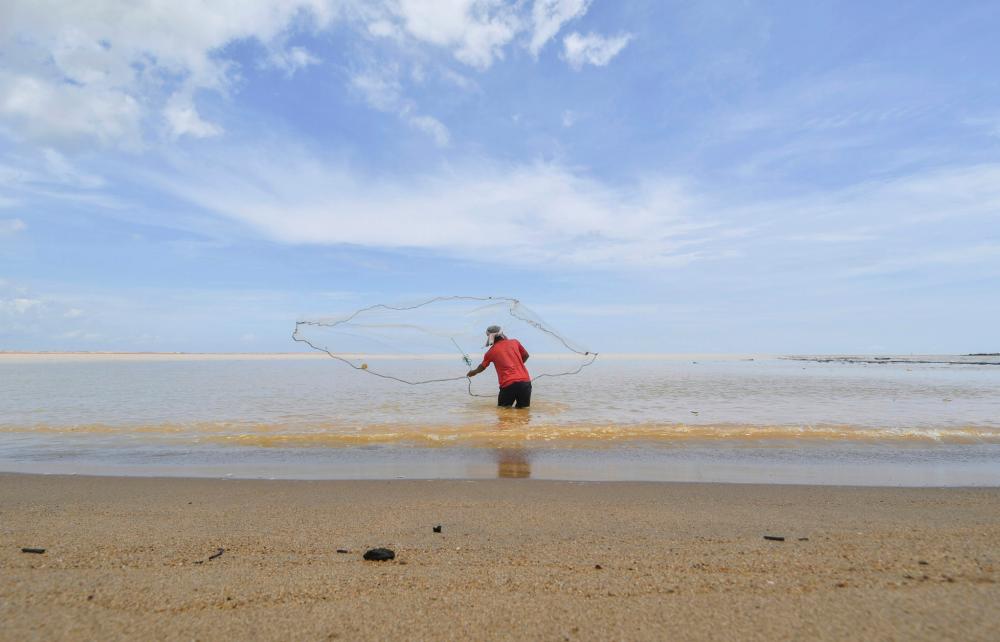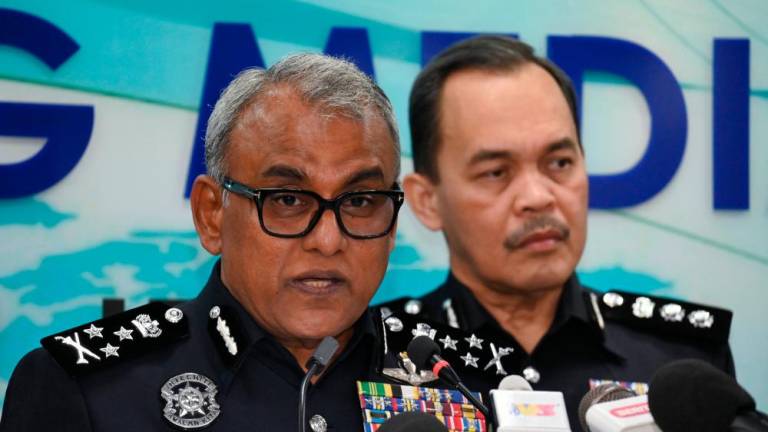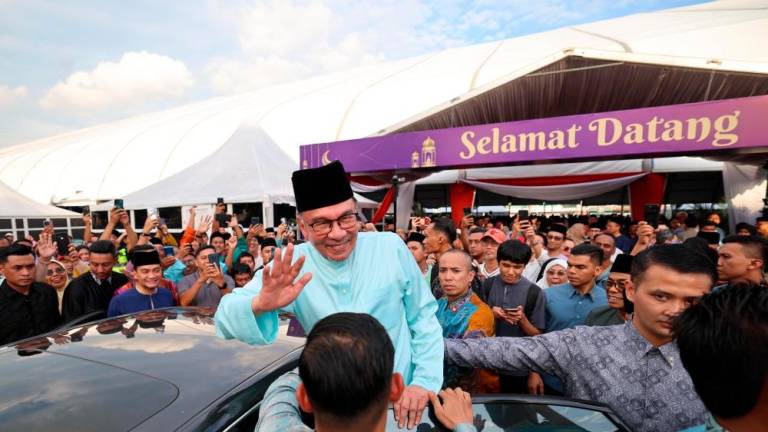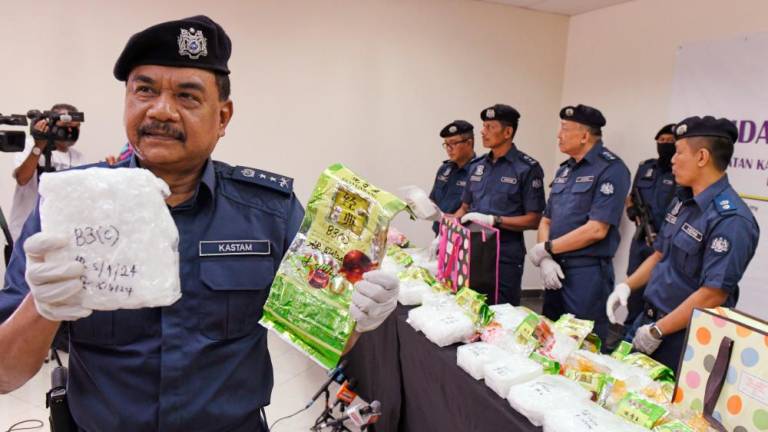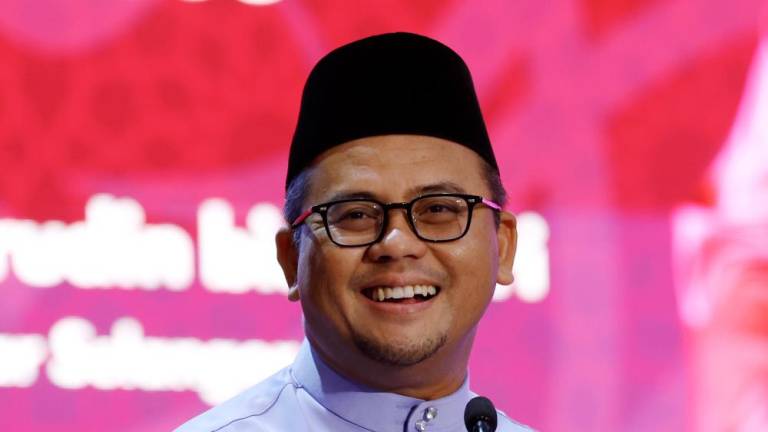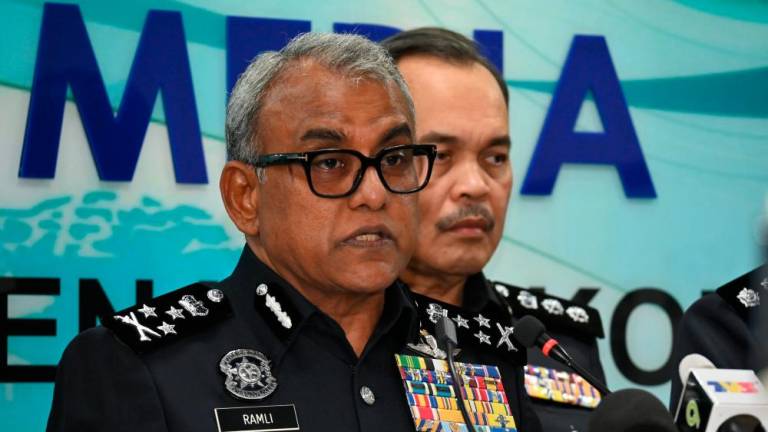KUALA LUMPUR: Six less-developed states, namely Kedah, Kelantan, Perlis, Sabah, Sarawak and Terengganu will continue to be given priority in development budget allocation under the 12th Malaysia Plan (12MP).
According to the 12th Malaysia Plan (2021-2025) document released by the Economic Planning Unit today, the government has outlined three priority areas namely optimising regional economic potential, developing sustainable cities and transforming rural areas to bridge the development gap with greater emphasis to be placed on the development of the less developed states.
“The six less-developed states will continue to be prioritised with at least 50 per cent of the Total Basic Development Expenditure. Greater collaboration among federal and state agencies will be undertaken to ensure the effective and efficient implementation of targeted programmes and development projects.
“These measures will accelerate the provision of basic infrastructure and amenities as well as generate more economic opportunities in the less developed states and contribute to reducing the development gap,” it said.
Under the priority area of optimising regional economic potential, the government is targeting an average Gross Domestic Product (GDP) growth for the 2021-2025 period of 5.6 per cent for the Northern, Central (4.3 per cent), Southern (5.1 per cent), Eastern (6.5 per cent), Sabah (6.4 per cent) and Sarawak (5.3 per cent).
As for the median monthly household income between regions, the government targets the median monthly household income for the Northern region to increase to RM5,560, Central (RM9,290), Southern (RM7,480), Eastern (RM5,210), Sabah (RM5,380) and Sarawak (5,430) by 2025.
The Northern region involves the states of Penang, Perak, Perlis and Kedah; Central (Kuala Lumpur, Selangor, Melaka, Negeri Sembilan); Southern (Johor); Eastern (Pahang, Terengganu, Kelantan); Sabah (Labuan, Sabah) and Sarawak.
In order to realise the priority area, the initiatives will focus on accelerating development based on key growth nodes and hotspot areas, attracting quality investment, improving the business ecosystem, enhancing strategic collaboration and coordination as well as enhancing cooperation under the Indonesia-Malaysia-Thailand Growth Triangle (IMT-GT) and the Brunei Darussalam-Indonesia-Malaysia-Philippines East ASEAN Growth Area (BIMP-EAGA).
According to the document, under the priority area of developing sustainable cities, 120 cities are expected to achieve sustainable city status by 2025 based on the Malaysian Urban-Rural Sustainable Development Indicators Network (MURNInets), compared with 75 cities in 2019, while 14 cities will implement the Green City Action Plan under IMT-GT and BIMP-EAGA Platform by 2025.
“By the year 2040, about 85 per cent of the total population is estimated to live in urban areas. Priority will be given in promoting effective urban planning and governance, fostering a sustainable urban economy, prioritising green and resilient urban development as well as developing sustainable urban society.
“This will promote better inclusion and enhance the wellbeing of urban dwellers. The measure is also in line with the New Urban Agenda (NUA) to support the 2030 Agenda,” it said.
According to the document, under transforming rural areas to bridge the development gap, the government is targeting to upgrade 2,800 kilometres of paved roads and electricity supply will be expanded to reach 99 per cent while water supply coverage to reach 98 per cent of rural households, including providing alternative water supply and reticulation system.
The government has also set a target to reduce income inequality between rural and urban areas to a ratio of 0.67:1, according to the document.
“Rural areas will be further developed to narrow the development gap between rural and urban areas by upgrading infrastructure and basic amenities, providing better connectivity and expanding socioeconomic activities.
“Development will be undertaken without compromising the rural heritage and the environment. The rural areas will be further transformed by accelerating the provision of infrastructure and services, diversifying and boosting economic activities as well as improving governance,” it said.- Bernama



